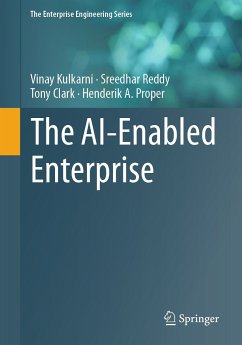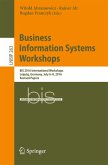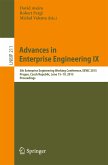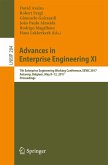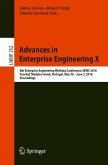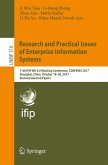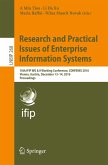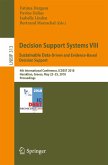The AI enabled enterprise uses technology to continuously learn by monitoring its behavior and the environment as well as external knowledge sources in order to automate the decision-making and decision-implementation processes leading to continuous improvement over time. This book discusses the key challenges that organizations need to overcome in achieving an AI enabled enterprise: the role of digital twins in evidence-backed design, enterprise cartography that goes far beyond process mining, decision-making in the face of uncertainty, software architecture for continuous adaptation, democratized knowledge-guided software development enabling coordinated design, low code versus no code, and coherent design. For each challenge, the book proposes a line of attack along with the associated enabling technology and illustrates the same through a near real world use case.
Dieser Download kann aus rechtlichen Gründen nur mit Rechnungsadresse in A, B, BG, CY, CZ, D, DK, EW, E, FIN, F, GR, HR, H, IRL, I, LT, L, LR, M, NL, PL, P, R, S, SLO, SK ausgeliefert werden.

